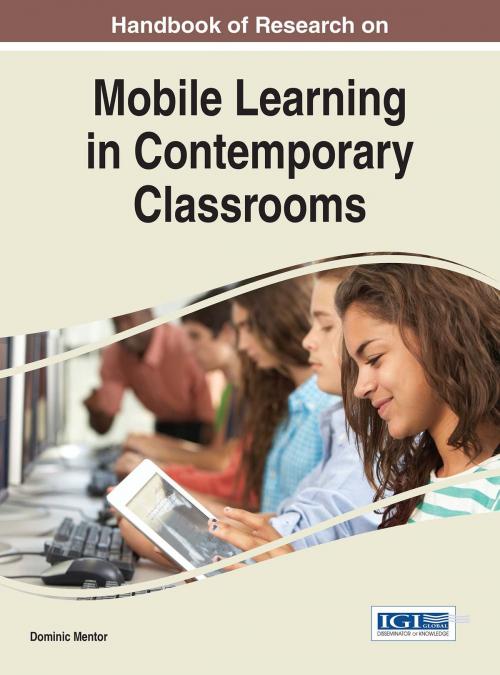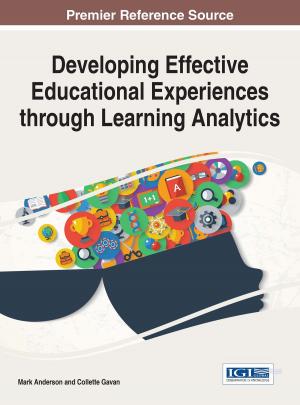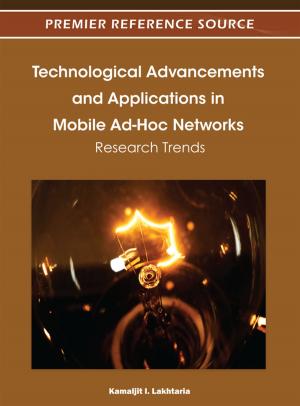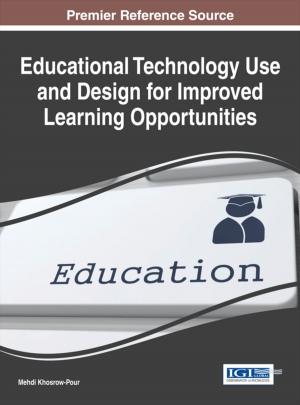Handbook of Research on Mobile Learning in Contemporary Classrooms
Nonfiction, Computers, Application Software, Educational Software, Reference & Language, Education & Teaching, Teaching, Computers & Technology| Author: | ISBN: | 9781522502531 | |
| Publisher: | IGI Global | Publication: | June 27, 2016 |
| Imprint: | Information Science Reference | Language: | English |
| Author: | |
| ISBN: | 9781522502531 |
| Publisher: | IGI Global |
| Publication: | June 27, 2016 |
| Imprint: | Information Science Reference |
| Language: | English |
It is the responsibility of educators to utilize contemporary avenues in order to reach their students in ways familiar to them. When teaching digital natives, new techniques are necessary for making new information relevant to their experience. One way to do this is through the use of mobile devices in curricula. This integration can make education accessible anywhere and to anyone, personalized to each student's schedule and needs. The Handbook of Research on Mobile Learning in Contemporary Classrooms expounds the current research on m-learning and strategies to leverage mobile devices in educational contexts. It also addresses the importance of communication, community, and mobility in modern classrooms, while offering a comprehensive overview of the theory and pedagogy associated with this new technology. Nonprofit organizers, K-12 educators, administrators, policy makers, students of education, and developers will find this book to be an important research companion.
It is the responsibility of educators to utilize contemporary avenues in order to reach their students in ways familiar to them. When teaching digital natives, new techniques are necessary for making new information relevant to their experience. One way to do this is through the use of mobile devices in curricula. This integration can make education accessible anywhere and to anyone, personalized to each student's schedule and needs. The Handbook of Research on Mobile Learning in Contemporary Classrooms expounds the current research on m-learning and strategies to leverage mobile devices in educational contexts. It also addresses the importance of communication, community, and mobility in modern classrooms, while offering a comprehensive overview of the theory and pedagogy associated with this new technology. Nonprofit organizers, K-12 educators, administrators, policy makers, students of education, and developers will find this book to be an important research companion.















